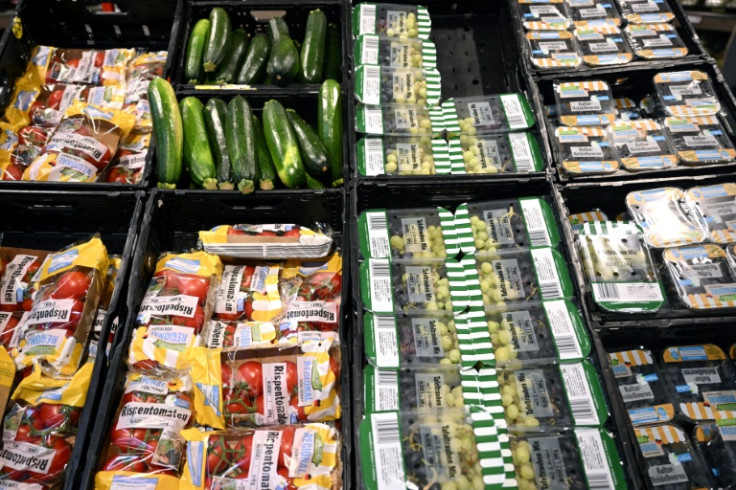Inflation, High Interest Rates Are Taking Their Toll On Small Businesses In US, Canada And UK

The persistence of inflation and the rise of borrowing costs worldwide are taking their toll on small businesses around the nation.
That's the finding of a report released by Ufuk Akcigit, professor of economics at the University of Chicago, last week, which provides a comprehensive view of small business employment trends for the U.S., Canada and the U.K.
The report utilizes both data/trends seen in product as well as new data based on third-party research and analysis on everything from financial health to the outlook of global SMBs.
Here are the two key findings of the report:
- Small business finances: Monthly small business credit card spending is currently 20% higher, on average, than before the pandemic, equivalent to $3,000 per business. At the same time, monthly repayments against credit card account balances are 29% higher, equivalent to $4,000 per business.
- Small business access to funding: While 58% of small business owners surveyed have used their own savings to fund their business, only 22% report ever getting funding from a commercial lender. Small businesses owned by underrepresented racial groups are twice as likely to say "getting funding" is their number one challenge. New small businesses (0 to 5 years old) are seven times more likely to say "getting funding" is their number one challenge compared to older small businesses (21+ years).
Inflation and interest rates affect almost every business. Inflation raises the cost of producing goods and services, recorded in the second line of the income statement, and therefore, cuts into gross margins. Interest rates raise the cost of credit, and therefore, reduce net earnings.
The impact of these adverse conditions is more felt by small businesses, for a couple of reasons. One of them is that small businesses do not have access to capital markets to raise capital by issuing shares or corporate debt. They must rely on credit lines by banks or on personal loans, which are set at much higher interest rates than corporate debt rates.
"Sadly, SMEs are also the ones that tend to feel the most pain in a rising interest rate environment," said Oliver Rust, head of product at independent inflation data aggregator Truflation. He pointed to data from a recent JP Morgan report, which shows that already some 75% of SMEs report problems with access to capital. In addition, research by Praetura revealed that 59% of SMEs find access to funding harder now than five years ago.
Another reason is that small businesses usually operate in competitive markets, meaning they have no pricing power. Thus, they must absorb the higher costs of labor and raw materials as well as the higher borrowing costs rather than passing them on to consumers, as is the case for smaller companies.
"The paramount concern for small business owners is the prevailing high inflationary environment," said Akcigit. "Adding to the challenge, interest rates have reached unprecedented heights. These adverse conditions have compelled business owners to tap into their savings and rely heavily on credit cards, where monthly credit card spending has surged by an average of 20% compared to pre-pandemic levels. When coupled with the increased interest payments on these debts, this translates to thousands of dollars in additional costs each month. Consequently, these shifts are exerting a detrimental effect on small business job creation."
Rust believes that's bad for the economy, as it leads to a domino effect. "This includes layoffs, which cools the labor market, in turn curbing inflation," added Rust. "As such, making things harder for small businesses is part and parcel of the interest rate hiking cycle."
© Copyright IBTimes 2024. All rights reserved.






















